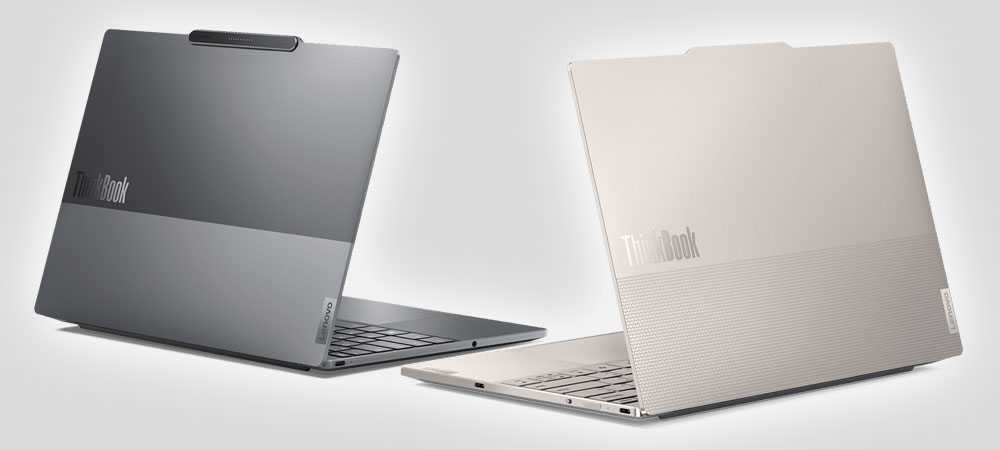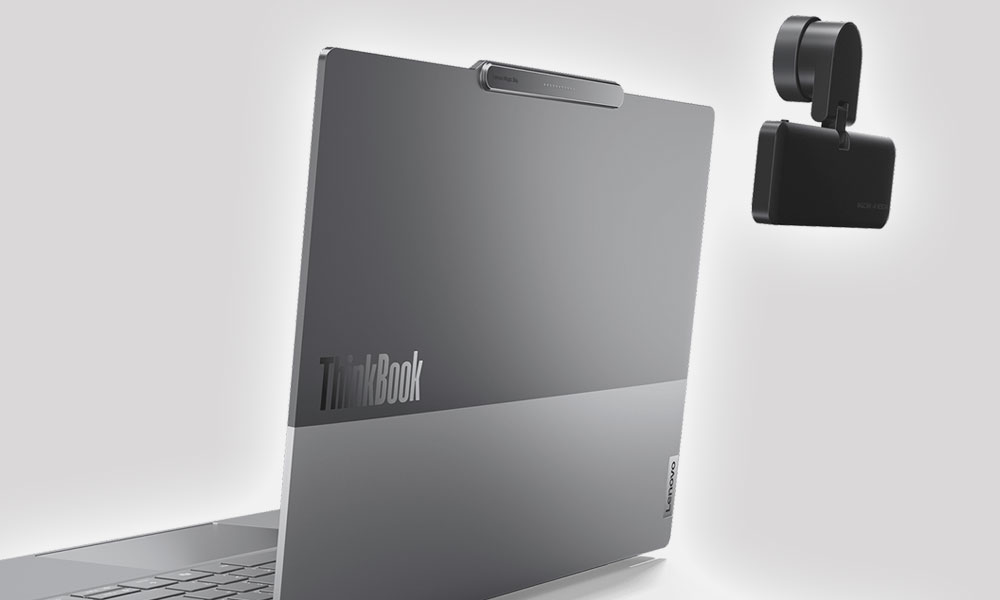Marc Andreessen may disagree with me on the fate of Netscape, but I believe that Netscape lost its significant lead over Microsoft browsers because it did not protect them adequately and failed to realize how powerful Microsoft marketing was back then.
Microsoft’s ability to market has declined significantly since then. Microsoft’s marketing capabilities have declined sharply since then. This pushback occurred last week at Google I/O and was a powerful display.
Microsoft’s AI efforts are also hampered by the fact that Microsoft has concentrated on PCs, while Google has focused its efforts on smartphones. Google’s approach is likely to be the best. It makes sense to keep the AI in a device that you can always carry with you, rather than confined to your desk or laptop bag.
Google’s AI strategy is similar to Microsoft’s Netscape approach. I believe it hits the people’s desires more. Microsoft Build takes place this week. I don’t expect a push for smartphones, but anything is possible. Microsoft does not go down lightly. We’ll have to wait at least until next week before we can announce the winner.
You can watch the video below if you are looking for something fascinating, but also a little scary. video Two OpenAI GPT-4o mobile phones chatting with each other. (Thank goodness, neither of them argued to take over the world.) After watching this video, I felt a little redundant.
This week we will be talking about Google I/O, and I’ll end with my Product of the Weekly, a new AI PC from Lenovo, which is a fantastic example of its kind.
Artificial Intelligence
AI is evolving at an incredibly rapid pace. Most people today access AI through applications like Grammarly, or via the cloud using a browser interface. It’s not possible to use the same AI interface when away from a desk. Vendors believe, and i agree, that AI should be available wherever you are, not only at your desk.
As we transition from PC interfaces and accessories, to an AI interface, which is more human-like than how we have worked with PCs before, I also expect that we will change our endpoints.
The PC may not be the only thing at risk. Smartphones are also at risk. However, they are still closer to where we will end up at this time than the PC. The Humane Ai Pin is an attempt, for instance, to find what that future device would look like — and, like early smartphonesIt’s not quite what people want, but it’s evolving, just like smartphones. Humane hasn’t been written off yet, so don’t dismiss it just yet.
Qualcomm’s Position in the AI Market
Qualcomm is in a very interesting position because it’s not only the leader in smartphone AI, but also the PC AI market. Rumors suggest that Qualcomm’s Snapdragon X will take center stage this week at Microsoft Build.
Qualcomm is therefore the most well-positioned high-end chips vendor to lead the AI client development. Nvidia is still the leader in technology for servers, supercomputers, high-performance computers, and workstations.
Qualcomm and Nvidia never got along well. But if ever they teamed up, they would be able to control the AI wave. This speculation may add another interesting dimension to the mix because AMD and Intel have been ramping up AI efforts in a big way.
In the AI race, Google and Qualcomm are both in a strong position. The race is still very young, and I anticipate that the leadership will change a lot. Microsoft has just announced a similar internal AI project to Spyglass, which it used in the browser wars. This could change this week, at Build. The show is definitely worth seeing.
Google I/O Announcements 2024
As Qualcomm and Nvidia continue to push the boundaries of AI hardware, it is important to monitor how software advancements complement these developments. The recent announcements at Google I/O revealed several exciting new projects.
Project Astra
Project Astra This is one of my favorite things that I’ve ever seen. Your smartphone is another pair of eyes connecting you to AI’s power to answer questions. These questions can be:
- What actor is that on TV?
- How do I put together this toy or device?
- Where did I put my glasses? (Though it can’t see if they are on your head — yet.)
- What is the code that I am trying to use?
- What can I buy from the person wearing it?
- What movie is this and what car is it?
Project Astra will become a more useful assistant as it continues to learn. Because I’m a male, and men tend to throw out instructions, this will be a lifesaver for me when I have thrown instructions away that I shouldn’t.
Gemini Nano
Gemini Nano Google’s implementation of Gemini is client-side and aligns with what Microsoft will showcase at Build. This feature will enable your Android smartphone recognizes images, sounds, or spoken languages in real time. You can use voice search to find videos, pictures, or even a specific problem.
New AR Glasses
Google Glass was terrible. Google has shown off a prototype pair of AR Glasses, which suggests that they will try this again. The glasses are wireless and are able to give you information about what you see when they are connected to Project Astra.
This ability supports the idea of an entirely different computing device from a smartphone. The glasses have a microphone and speakers that are not on the phone. Although they looked better than Google Glass (which is not a high bar), it’s still not a great device.
Scam Detection
Although I am a bit nervous about anything listening to my calls, I am worried by the rise in telephone fraud, especially as bad actors are creating AI models to commit this fraud. This Gemini tool monitors your calls. It warns you immediately if you think you are being scammed and suggests you disconnect.
The older woman in “The movie” would have benefited from this feature.BeeKeeperThe movie could have been much shorter if the film had been cut down. Every year, thousands of people get scammed in the same way as she did. This technology is not the only one to blame. remedy The BeeKeeper (which is what I prefer) should increase the security of people in all age groups.
AI Android
Google’s AI integration on Android is reminiscent of Windows 95, but Microsoft’s AI implementation is similar to Windows + DOS, as it’s more of an overlay.
The numbers I have seen recently suggest that many people are switching back to Windows 10 when they were previously using Windows 11. This puts Microsoft in a bind in terms of driving their next upgrade.
AI Teammate
The release of the movie has already taken place. DevinGoogle has announced the hiring of the first AI software developer from Cognition. However, what they have released is far more generic. It’s also likely to be cheaper.
AI Teammate, also known as an AI assistant, is similar to an executive secretary. Microsoft has delivered on what it promised a long time ago, but Cortana never did. Google’s AI, which is built on Workspace and called “Chip”, should prove to be a great help during meetings. I hope they do something like this, instead of what Microsoft did. Holographic Cortana Appliance.
Wrapping up
Microsoft’s response this week will be interesting to see. This really shows the problem Microsoft faces by not sticking to Windows Phone. I think this also showcases that Microsoft — even though it hit first like Netscape did — is a day late and a dollar short. The pivot on smartphones will be much more powerful than it is on PCs. It will be a major disruption to firms who don’t own both platforms.
This year’s Google I/O was the most informative, interesting, and important event to date, but we are only at the beginning of the AI wave. I am still concerned that we’re focusing more on speed than quality. By 2025 we will know if Microsoft is the next Netscape or if Google is the next Microsoft.
Lenovo ThinkBook 13x AI-Ready laptop
(Image Credit: Lenovo)
You can also find out more about the following: Lenovo ThinkBook 13X G4 This notebook is one of my favorites. It has a great design and I think it looks better than any other laptops that I’ve seen. The 13-inch laptop is sleek and lightweight, ready for AI. It has excellent speakers and impressive AI capabilities. You can choose between an Intel Core Ultra 5 and an Intel Core Ultra 9 configuration for about $1,400.
The battery can last up to 21-hours of video playback, 11.4-hours of web browsing, or 8.4-hours of videoconferencing. Office is a good addition. Lenovo says it has one of largest batteries available in this class. So you can leave your charger at your desk. I like the fact that it has a battery life of more than 20 hours.
The device does not come with USB Type A ports. However, it has three USB Type C (Thunderbolt 4 ports), which is better.
The connectivity is Wi-Fi and Bluetooth 5.2. This is the most current you can get (I’ve yet to see Wi-Fi 7 laptops). This Lenovo ThinkBook has Intel’s Meteor Lake chip, giving it excellent AI support.
Pogo pins are included on the ThinkBook 13x G4 to connect Lenovo’s Magic Bay Studio 4K camera with the laptop for videoconferencing. (Image Credit: Lenovo)
It has 500 nits of brightness, so it should be viewable outside (I haven’t tested that yet). Dolby Vision supports brilliant colors when watching movies.
The product can be configured with up to 32 GB memory and 1 TB Gen 4 SSD storage. It uses Intel ARC Integrated Graphics.
Lenovo ThinkBook 13x G4 AI Computer is my Product of The Week, and it’s an impressive piece.














